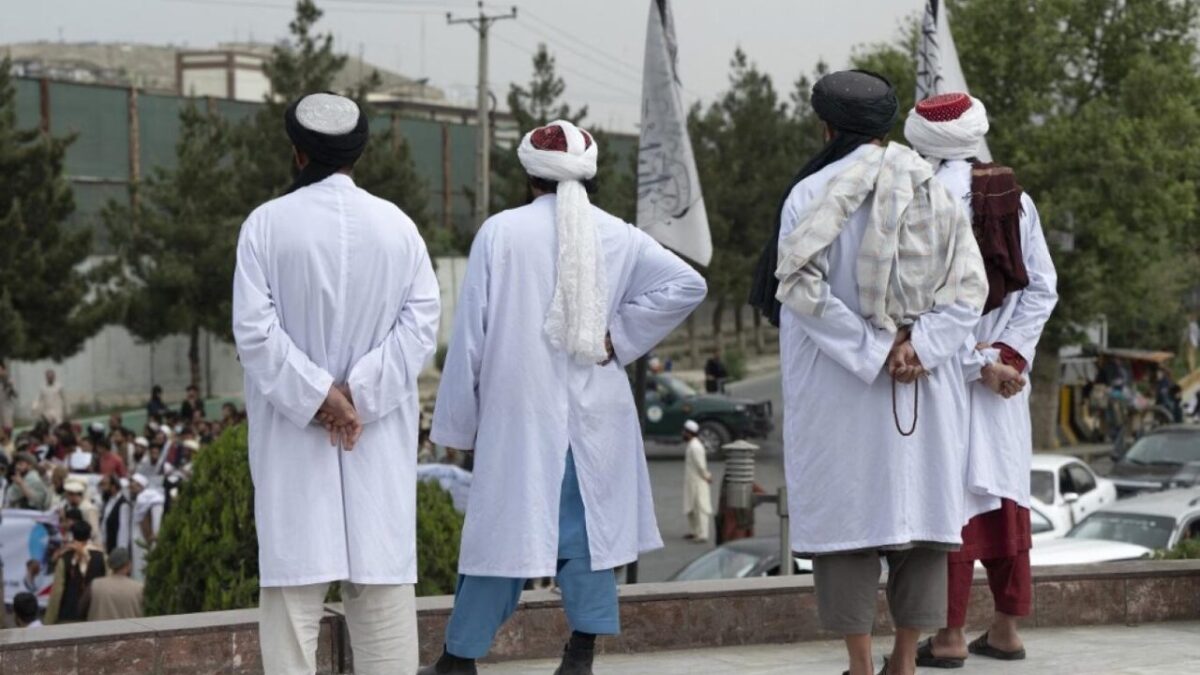Taliban have flogged at least 125 people, including 12 women, across 16 provinces in less than a month, according to data collected by Amu from Taliban statements.
The punishments, often carried out in front of large crowds in public squares, were concentrated in Kabul, Laghman, Khost, Kunar and Sar-e Pul—provinces that recorded the highest numbers during the solar calendar month of Jawza (22 May to June 15).
Those flogged faced charges ranging from theft and adultery to “moral corruption” and fleeing home. Kabul recorded 44 cases, followed by Laghman and Kunar with 16 each, and Khost with 15.
Human rights organizations have condemned the practice, describing it as a clear violation of international law. “Afghanistan has become a prison,” said a Kabul resident who requested anonymity. “Every day, men and women are whipped in public without due process. How long must this go on?”
Azita Nazimi, a women’s rights advocate, said the floggings reflect the collapse of legal protections. “There are no judges, no lawyers—only the gun,” she said. “The Taliban are imposing their will under the name of religion, absent any legitimate judicial structure.”
Richard Bennett, the United Nations special rapporteur on human rights in Afghanistan, also criticized the practice in a recent report. He said the sentences are often issued without sufficient evidence or legal proceedings and disproportionately target women and girls.
“Justice is being used as a tool for repression,” Bennett wrote, warning of the long-term psychological and societal harm.
Since the Taliban seized control in August 2021, more than 1,035 people—including at least 171 women—have been publicly flogged, according to data compiled by Amu.
Despite repeated calls from the United Nations and other international bodies to end corporal punishment, the Taliban continue to implement their interpretation of Islamic law through public violence. Rights advocates argue the practice stands in stark contrast to global human rights norms.





